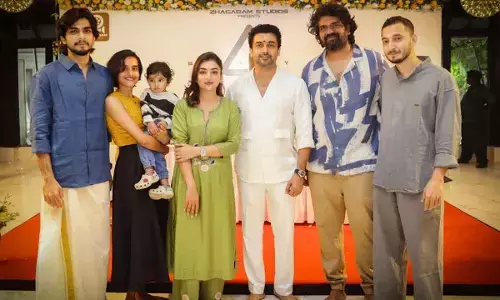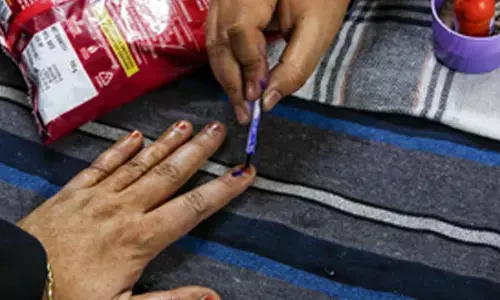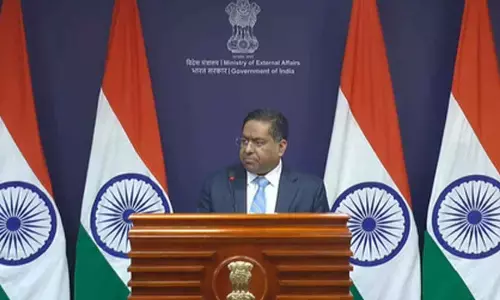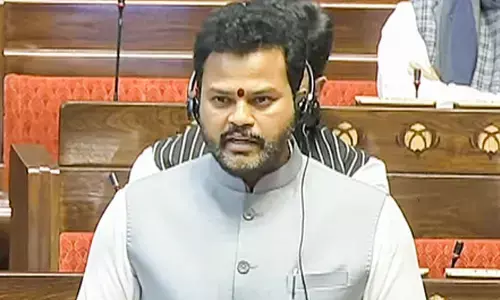How Navratri Celebrations Began And Who Was The First Person To Observe Fast For 9 Days
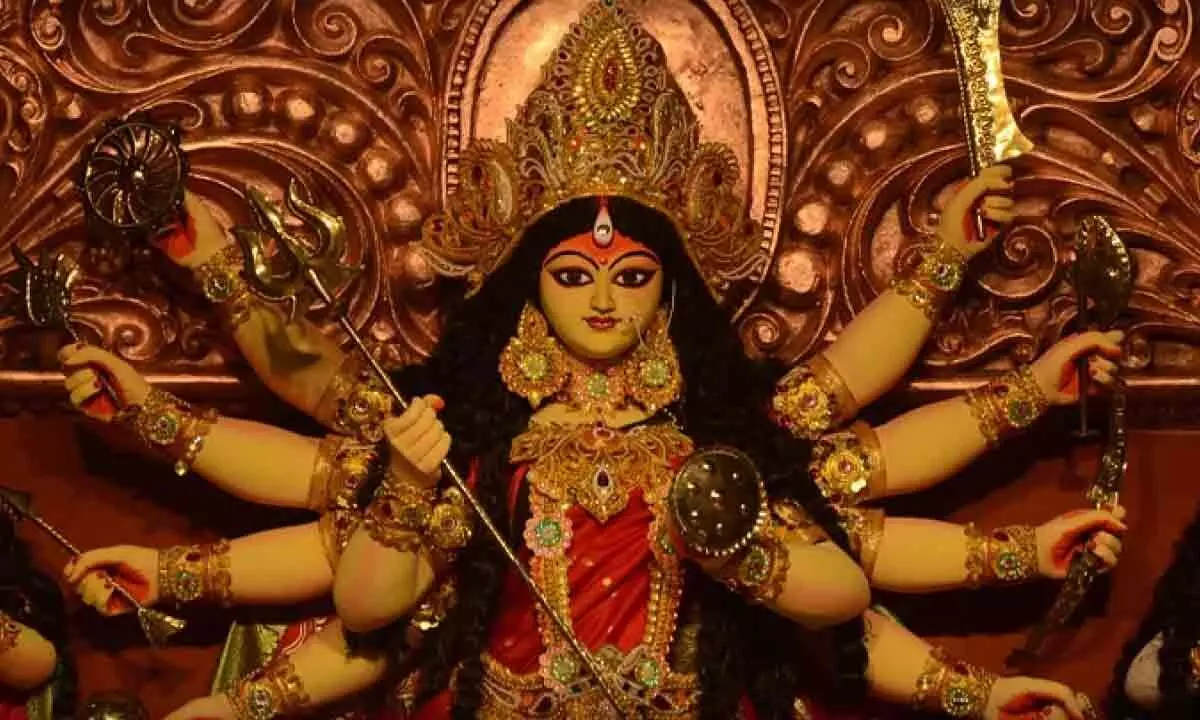
Navratri is widely celebrated as one of the most auspicious Hindu festivals, dedicated to the worship of Goddess Durga in her various forms.
Navratri is widely celebrated as one of the most auspicious Hindu festivals, dedicated to the worship of Goddess Durga in her various forms. This festival, occurring twice a year during Chaitra and Sharadiya Navratri, holds deep spiritual significance for devotees seeking blessings of strength, happiness, and prosperity from the divine feminine power, Shakti.
The First Observance of Navratri Fast
According to Dr Gaurav Kumar Dixit, President of Shukar Kshetra Foundation and Astrologer, the tradition of observing a nine-day fast during Navratri traces back to ancient times. Mythological accounts narrate that before embarking on his mission to defeat Ravana and rescue Sita, Lord Rama sought the blessings of Goddess Durga. On Mount Rishyamuk near Kishkindha, Lord Brahma advised Lord Rama to worship Goddess Chandadevi, an incarnation of Goddess Durga.
Lord Rama's Devotion
Following Lord Brahma's counsel, Lord Rama diligently worshipped Goddess Chandadevi, reciting her mantra from Pratipada Tithi to Navami Tithi. As part of the ritual, he offered 108 blue lotuses after the Chandi Puja and Havan, an offering considered rare and precious. However, Ravana, upon learning of Lord Rama's offerings, destroyed one of the lotuses using his powers.
Lord Rama's Sacrifice and Victory
Despite the setback, Lord Rama's devotion remained unwavering. Determined to complete the offering, he decided to sacrifice one of his eyes to compensate for the missing lotus. Moved by his dedication, Goddess Chandi appeared before him and blessed him with victory over Ravana. Throughout the nine days leading up to Navami Tithi, Lord Rama abstained from food and water, solely focusing on pleasing Goddess Chandi.
Legacy and Contemporary Observance
The victory of Lord Rama and the subsequent blessings from Goddess Chandi marked the beginning of the tradition of Navratri celebrations. Since then, devotees emulate Lord Rama's dedication by observing a nine-day fast during Navratri, seeking the blessings and protection of the divine mother. This year, Chaitra Navratri commences on April 9 and concludes on April 17, offering devotees a sacred opportunity to connect with the divine feminine energy.
Navratri, rooted in ancient mythology and tradition, remains a cherished festival among Hindus worldwide. The story of Lord Rama's devotion and sacrifice serves as a timeless reminder of the power of faith and the blessings that await those who steadfastly pursue divine grace during this auspicious period.











